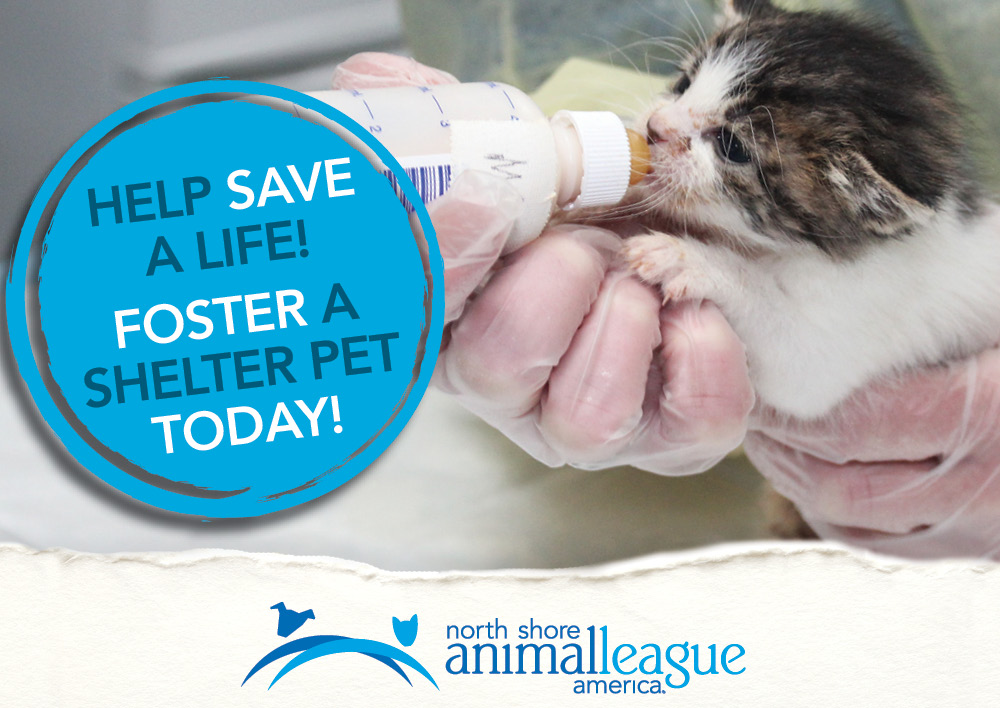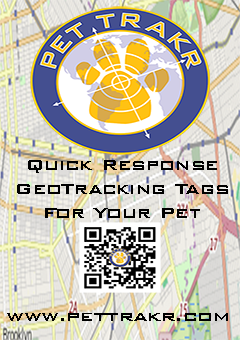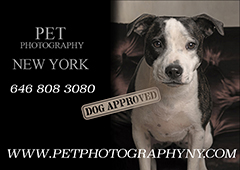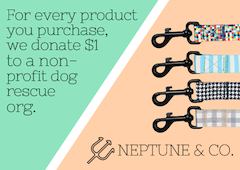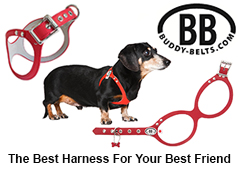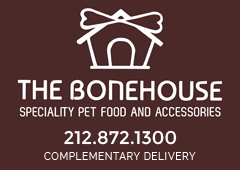A Pioneering Remedy to Help Pets in Need
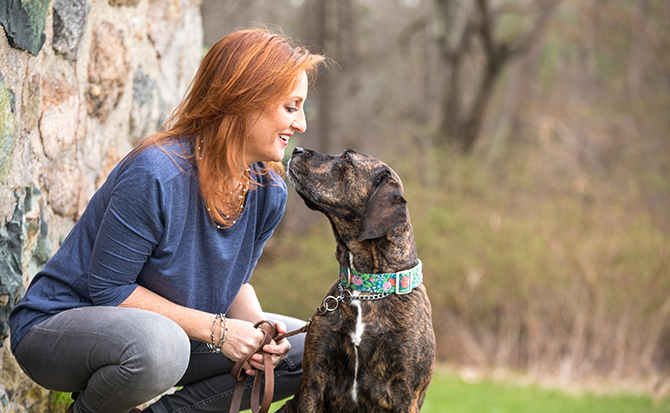 Whitnye Kurlan and her dog Kousa helped by Waggle.org Photo Ctsy DogsMeet.com
Whitnye Kurlan and her dog Kousa helped by Waggle.org Photo Ctsy DogsMeet.comBy Ruth J. Katz | Photos courtesy of dogsimeet.com & waggle.org
Tales (tails, actually) of tribulation: Medically compromised companion animals avoid “economic euthanasia” thanks to Waggle.org, a pioneering, new, crowdfunding site dedicated to helping pet parents who cannot afford the medical help their pet needs.
Miss Muffett, a young, fluffy Persian cat, was born with a genetic flaw—ultra-narrow nostrils that make breathing laborious. Early-stage kidney failure is plaguing Guizmo, another kitty. Storm, a rescued pit bull, needed a C-section, while Kousa, a coonhound, has numerous wounds that need to be dressed and treated.
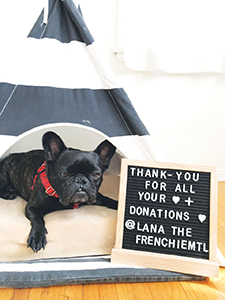 Photo Ctsy. Waggle.org
Photo Ctsy. Waggle.orgThese are some of the tales (dare we say tails?) of tribulation that have befallen four companion animals who are featured on the Waggle.org Web site. “Waggle, you ask?” Waggle is a much-needed, pioneering crowdfunding source, dedicated to helping medically compromised pets regain good health. Launched in March, Waggle is arguably the first of its kind on the Internet. Its ultimate goal is to prevent what veterinarians refer to as “economic euthanasia”—a tragic outcome for many patients of veterinary practices. Waggle provides a hopeful and trusted solution for pet parents who cannot afford medical expenses for their companion animals.
“Heartbreaking economic euthanasia is an unacceptable outcome for both the pet guardian and a pet in need,” notes founder and CEO, Steven Mornelli, a passionate animal lover and business executive, who felt that there had to be a way to address this tragedy. “A half-million pets in the US are put down annually* for lack of financial resources,” he observes.
So just how does Waggle wiggle, er, work?
Referring veterinary practices (it doesn’t cost anything to become a member of the Waggle family) submit the pet to Waggle, along with necessary paperwork, describing the pet, the needed care, and the projected cost; owners verify that they are in need and also provide pictures—or even video (think of tugging heartstrings). Once submitted, Waggle posts the case on its Web site and public does the rest.
Payments do not go to the individuals, but rather directly to the veterinary hospital, providing total transparency. Currently, the cap on care is $2,000, the “sweet spot” that Waggle’s board (mostly vets) feels is appropriate as the site launches. Donors are assessed 8% of their contribution, a standard processing fee on crowdfunding Web sites, providing minimal operating expenses. Waggle was recently awarded a grant from Maddie’s Fund (maddiesfund.org), a not-for-profit dedicated to solving issues relating to animals’ well-being, and that grant will be used to match contributions.
The first veterinary practice to sign on in Manhattan is City Veterinary Care, a very popular practice on the Upper West Side. “As veterinarians, we have long witnessed the sad reality that financial restraints can result in pain and suffering, and even the unnecessary euthanasia of the pets we treat,” observes Dr. Andrew Kaplan, the owner and a board-certified veterinary internal medicine specialist. “Waggle offers an innovative solution by connecting animals and pet parents in need with life-saving resources.”
Mornelli explains that most crowdfunding platforms are for-profit, and well-known ones like Kickstarter and Pozible help incubate creative ideas; Crowdrise and JustGiving promote social causes; GoFundMe and Indiegogo underwrite just about anything. Waggle is structured as two legal entities: a for-profit B Corp (Waggle Care, Inc.), a new breed of business and a 501(c)3 (Waggle Foundation, Inc.), a not-for-profit organization. B Corps are dedicated to solving social and environmental issues; some examples of B Corps are Warby Parker, Ben & Jerry’s, and Patagonia. And like these three corporations, Waggle is aiming to do good in this world, giving needy animals that second chance—and as of this writing, Miss Muffett’s and Kousa’s cases have reached their goals…and with luck, these animals will have happily-ever-after endings.
*According to an American Society for the Prevention of Cruelty to Animals study published in 2015 in the peer-reviewed Open Journal of Animal Sciences
© 2018 Ruth J. Katz All Rights Reserved









